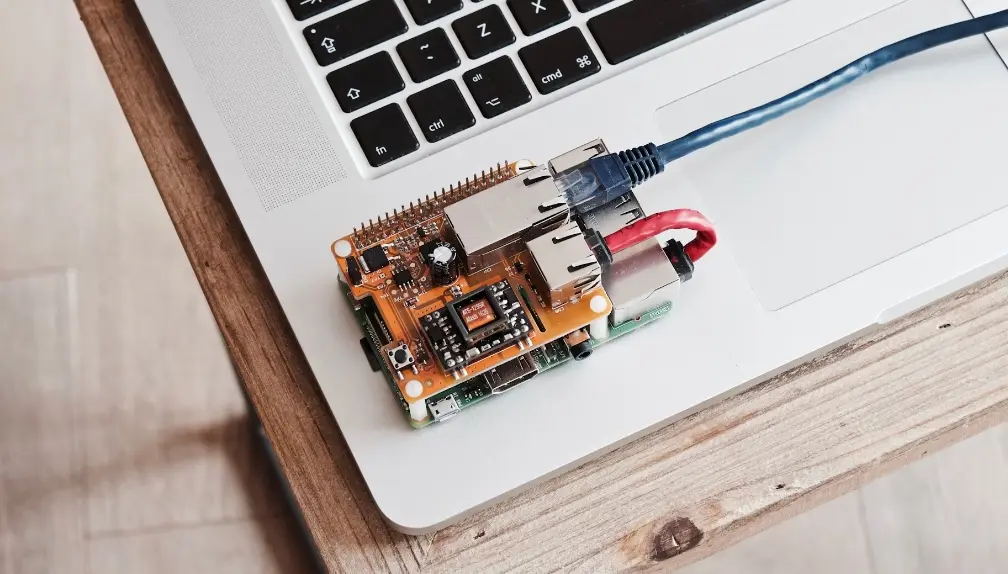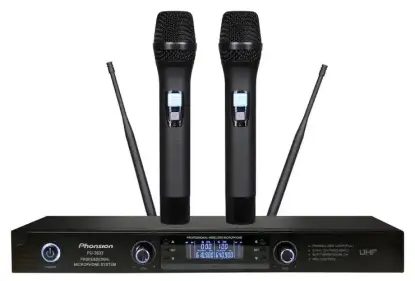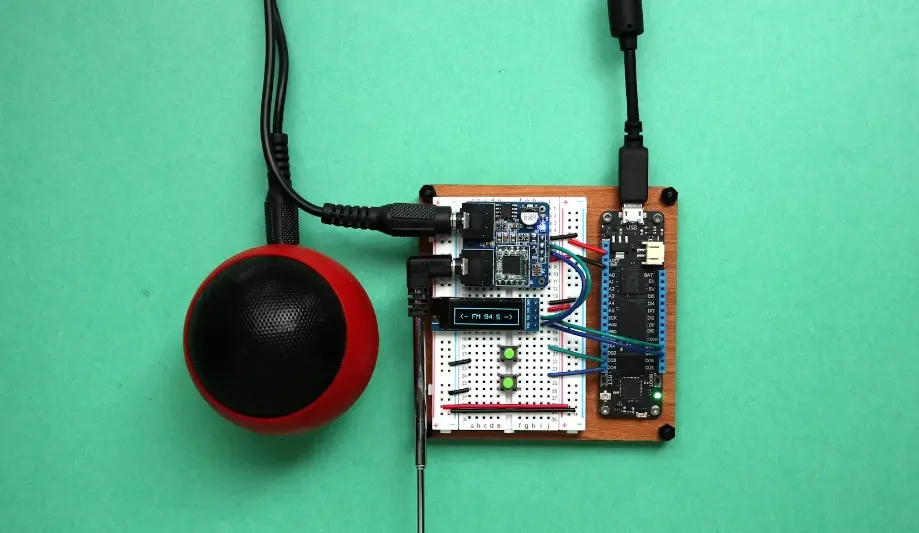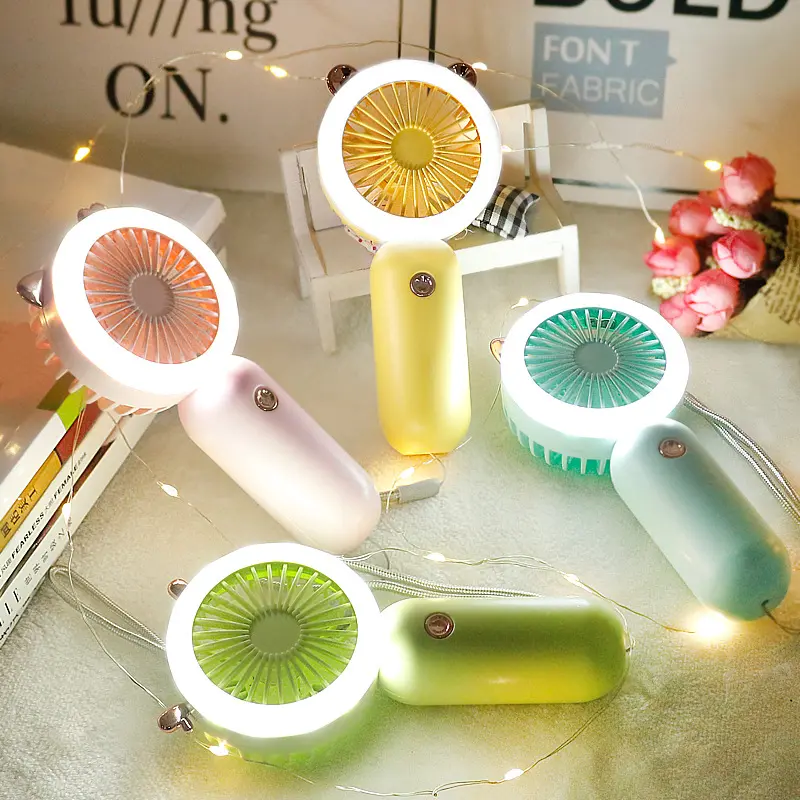
TEMU: RSL Report, CE-EMC (Electric), EU Energy Label
On May 22, Pinduoduo released its Q1 2024 financial report, showing that online marketing services and other services (advertising) revenue reached 42.456 billion yuan, a year-on-year increase of 56%. Transaction service revenue (commissions, including Temu revenue) reached 44.356 billion yuan, a significant year-on-year increase of 327%. Driven by Temu's performance, Pinduoduo's commission revenue growth rate far surpassed its advertising revenue growth rate, even exceeding the latter. Temu's cross-border platform has become a dark horse in the e-commerce sector. Currently, a significant number of certifications are required to enter the TEMU platform, especially for European and US sites.
For the European site, the following qualifications are required based on different categories:
RSL Qualification:
RSL stands for "Restricted Substances List." rsl testing helps manufacturers and retailers ensure their products comply with rapidly changing regulations and standards that govern the types of chemicals and substances that can be used in products. RSL testing includes a series of laboratory tests to determine which substances are used in the product and a review of the manufacturer's product descriptions. A report and certificate are then issued to prove the product's compliance.
RSL testing is conducted according to the requirements of the REACH Regulation and Annex XVII.
The REACH Regulation is an important European regulation that includes many restrictions on chemicals and substances of very high concern. For merchants exporting to the EU, the RoHS and REACH regulations are essential. To sell products on Amazon Europe and other platforms, compliance with Annex XVII of the REACH Regulation is mandatory, which contains indispensable restrictions. Compared to the 235 items in the SVHC, Annex XVII of REACH is stricter. Any non-compliant products are prohibited from being sold in the EU.
Key RSL qualifications include:
1. RSL Report (EU Lead Cadmium Chemical Substance Testing Report)
Phthalates (RSL-Phthalate) are common plasticizers widely used in plastic products to improve flexibility and elasticity. Recent studies have shown that RSL-Phthalates pose potential health and environmental hazards. Therefore, TEMU cross-border Pinduoduo e-commerce platform requires RSL-Phthalate certification for products that may contain harmful phthalates. This measure aims to protect consumer health and environmental safety, aligning with national policy trends towards green and environmentally friendly development. Currently, 15 types of phthalates are restricted.
Under the EU's latest guidelines on phthalates, DEHP, DBP, and BBP are restricted in all children's toys, clothing, and other PVC material items. DINP, DIDP, and DNOP are also restricted in children's toys, clothing, and any items that might be put in the mouth. The content of these substances must not exceed 0.1%.
2. RSL-Phthalate (EU RSL Phthalate Project Testing Report)
Chlorinated paraffins are commonly used chemicals with flame retardant and plasticizing properties. However, short-chain chlorinated paraffins (SCCPs) are persistent organic pollutants (POPs) with long-range environmental transport capabilities, ecotoxicity, persistence, and bioaccumulation. They are widely restricted internationally.
3. RSL-SCCP Qualification (EU Short-Chain Chlorinated Paraffin Testing Report)
To ensure the safety of jewelry, the EU REACH regulation requires RSL Report (EU Restricted Substance Testing Report) certification before jewelry can be listed on major e-commerce platforms to ensure products do not contain harmful chemicals.
Cadmium (Cd) ≤ 0.01% (by weight)
Lead (Pb) ≤ 0.05% (by weight)
Nickel release rate ≤ 0.2 μg/week (migration limit)
CE-EMC (Electric) Qualification
The CE-EMC (Electric) Qualification is a certification issued in accordance with the EU CE-EMC Directive (2014/30/EU) for electromagnetic compatibility.
CE (Conformité Européenne) Marking is a mandatory safety mark required by EU law for products. Any product meeting the basic requirements of the EU directive and undergoing appropriate conformity assessment procedures can bear the CE Marking.
CE certification is the passport for products to enter the European market, focusing on product safety, reflecting compliance with public safety, health, environmental, and personal safety requirements within the European Economic Area (EEA). Products with CE certification and bearing the CE mark can be freely circulated and sold in 30 EEA countries.
CE-EMC, which stands for Electromagnetic Compatibility, under Directive 2014/30/EU, refers to a device or system's ability to operate satisfactorily in its electromagnetic environment without introducing intolerable electromagnetic interference to anything in that environment. EMC includes two main aspects:
1. Control of Electromagnetic Interference (EMI): The electromagnetic disturbance generated by the device during normal operation must be below a certain limit to avoid interference with other devices or systems. This involves using techniques like circuit layout, filtering, and shielding to reduce unnecessary electromagnetic radiation.
2. Ensuring Electromagnetic Susceptibility (EMS): The device should have a certain level of resistance to electromagnetic interference, meaning it should function properly in a certain electromagnetic environment without faults or performance degradation. This requires considering EMC issues during design and employing appropriate protective measures to enhance resistance to interference.
EU Energy Label Qualification
The EU Energy Label Qualification requires uploading the EU energy label for the product.
To improve the environmental performance of energy-consuming products and control environmental pollution, the EU officially issued the Eco-Design Directive for energy-related products (erp directive 2009/125/EC) on October 31, 2009. It replaces the EuP Directive (2005/32/EC) and further expands its scope. From November 20, 2009, the ErP Directive 2009/125/EC replaces the original EuP Directives (2005/32/EC and 2008/28/EC). Therefore, products within the scope of the energy efficiency directive must meet energy efficiency requirements and bear the EU energy label.
For consultation and processing of TEMU RSL qualifications, CE-EMC (Electric) qualifications, and EU Energy Label qualifications, please email or leave a message to contact us.
Email:hello@jjrlab.com
Write your message here and send it to us
 UL Standards for Electrical Equipment
UL Standards for Electrical Equipment
 Is UL Certification Required in the USA?
Is UL Certification Required in the USA?
 Wireless Microphone Export Certification
Wireless Microphone Export Certification
 Audio-Visual Products SNI Certification in Indones
Audio-Visual Products SNI Certification in Indones
 FCC-ID: Still Needed if Module is Certified?
FCC-ID: Still Needed if Module is Certified?
 FCC Certification Fees for Handheld Fans
FCC Certification Fees for Handheld Fans
 FCC Certification Testing for Smart Lighting Produ
FCC Certification Testing for Smart Lighting Produ
 What is the ETSI EN 303 645 Testing Standard?
What is the ETSI EN 303 645 Testing Standard?
Leave us a message
24-hour online customer service at any time to respond, so that you worry!




